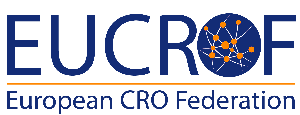ACT EU Clinical Trials Analytics multi-stakeholder workshop.
The European Medicines Agency has recently hosted a pivotal two-day workshop, focusing on the future of data analytics on clinical trials in the EU, under the ACT-EU initiative. The event, led by prominent figures including Peter Arlett, Lars Bo Nielsen, and Emer Cooke, centred on integrating data analytics into the clinical trial regulatory process. The discussions aimed to leverage CTIS and other data resources to enhance patient outcomes, moving beyond mere data collection to creating actionable insights.
Key highlights from the first day included insights on the importance of a robust research agenda and analytics about clinical trials data, focusing on data about clinical trials rather than from trials. Frederik Grell Nørgaard spoke about using CTIS as a hub for clinical trial intelligence, and Nikos Dedes provided a patient perspective on the value of clinical trial data. A patient representative suggested a sandbox environment for open analytics, and Till Bruckner addressed CTIS's potential and challenges, emphasizing the need for timely reporting and balanced representation in clinical trials.
The second day delved deeper into the practicalities of clinical trial data analytics. Breakout sessions were organized, focusing on various aspects, including priorities from industry, academia, regulators and ethicists, and of course patients. A patient representative expanded on the need for detailed, patient-friendly trial information. Discussions highlighted the necessity of a patient-centric approach in clinical trials, emphasizing a minimal dataset for stakeholders and the role of data in drug repurposing and global harmonization.
Overall, the workshop marked a significant step towards creating a more integrated, patient-focused, and efficient clinical trial environment within the EU. The commitment to global standards and collaboration is expected to reduce duplicated research efforts and enhance patient involvement.


